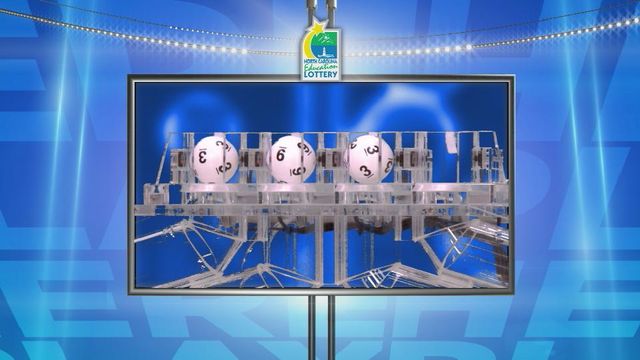State Supreme Court tie vote keeps lottery law in place
About 5,500 retailers can keep on selling ticket for the North Carolina Education Lottery will go on after the state Supreme Court deadlocked over whether the votes creating the games were lawful.
Posted — UpdatedThree of the seven justices agreed Friday the lottery law was unconstitutional, and three others upheld the law.
"We are pleased that the proceedings have come to a close. We are operating business as usual, raising as much money for North Carolina as possible," lottery spokeswoman Alice Garland said.
"We're disappointed that we didn't get a decision on the merits" of the case, said Bob Orr, a former justice and head of the N.C. Institute for Constitutional Law, which represented some plaintiffs who filed suit before the first tickets were sold in March 2006.
Orr said that the court's decision raises questions of how lawmakers do business.
"If the General Assembly or executive branch think they can keep getting way with it, then you'll see a steady erosion of the constitutional rights that our citizens have under the North Carolina constitution," he said.
A spokeswoman for Gov. Bev Perdue said that the governor was pleased with the court's decision and never expected that the court would rule it unconstitutional.
Justice Mark Martin could not vote in the case after he recused himself from hearings in September and later filed notice that he might have a conflict of interest. A member of Orr's group – retired Supreme Court Chief Justice Beverly Lake Jr. – represented Martin's family in a case involving injuries suffered by one of his children.
A Jan. 22 memo filed by a state attorney found that was a significant conflict of interest and refused to let Martin vote in the case.
Friday's opinion didn't identify which justices wanted to affirm or reject the Court of Appeals ruling and can not be used to set precedent in future cases.While justices run in nonpartisan elections, four justices, including Martin, have Republican voter registrations.
At the heart of the case was whether the bill that created the lottery should be considered a revenue measure.
"There also was that underlying issue about what exactly is a tax," Orr said. "I think that has much broader implications for the state. And I certainly regret that those issues are unresolved by the Supreme Court."
In March 2008, two of three appellate court judges rejected plaintiffs' argument that the lottery legislation was a revenue bill, saying it didn't commit state funds to paying lottery winners or create a tax that state residents must pay.
The state constitution requires that on new revenue measures, the House and Senate must each hold two separate votes on separate days.
"There was no question the Lottery Act did not follow that particular procedure," Orr said.
When the General Assembly approved the lottery bill, each chamber only took one day. The House passed the bill by two votes in April 2005, and the Senate by one vote in August 2005. Two Republican senators who opposed the bill were absent; one was ill, and the other on his honeymoon. Then-Lt. Gov. Bev Perdue cast the deciding vote to send the bill for Gov. Mike Easley to sign.
"The lottery was void from the beginning, because it was enacted improperly and not in accordance with the state constitution," said Tami Fitzgerald, with one the plaintiffs, the N.C. Family Policy Council.
A spokeswoman for Attorney General Roy Cooper, whose office represented the state, elected officials and the lottery commission in the lawsuit, didn't immediately return a phone call or e-mail seeking comment.
• Credits
Copyright 2024 by WRAL.com and the Associated Press. All rights reserved. This material may not be published, broadcast, rewritten or redistributed.





